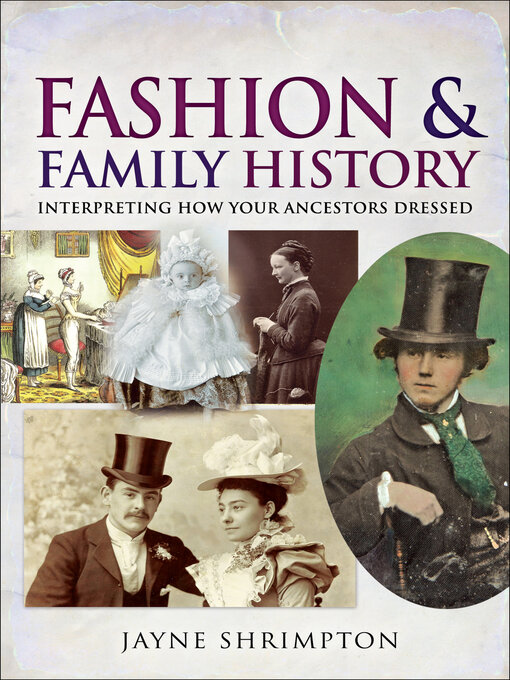- Comics and Graphic Novels
- New eBook additions
- Available now
- New kids additions
- The Art of the Short Story
- New teen additions
- Get Creative With Design & Photography
- Most popular
- Try something different
- Anzac Day: We Will Remember Them
- Very Short Introductions
- Captain Marvel, The Avengers and More - Marvel Comics Now Available
- See all
- Award Winning Audiobooks
- Recent Biographies & Autobiographies
- Available now
- Librarian's Choice
- New audiobook additions
- Self Help Audiobooks
- New kids additions
- Audiobooks for Road Trips
- New teen additions
- Most popular
- Try something different
- See all

